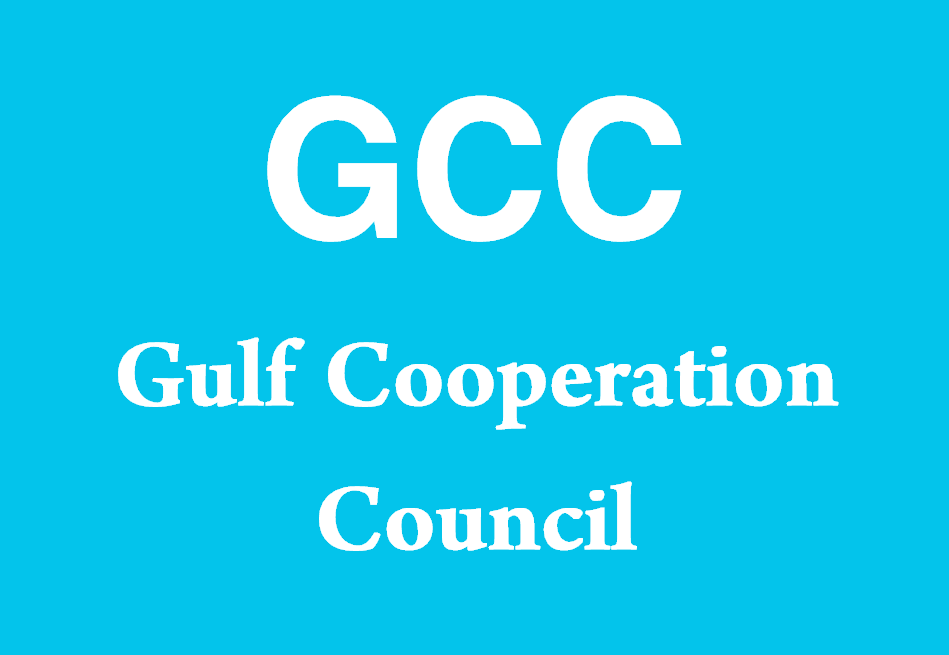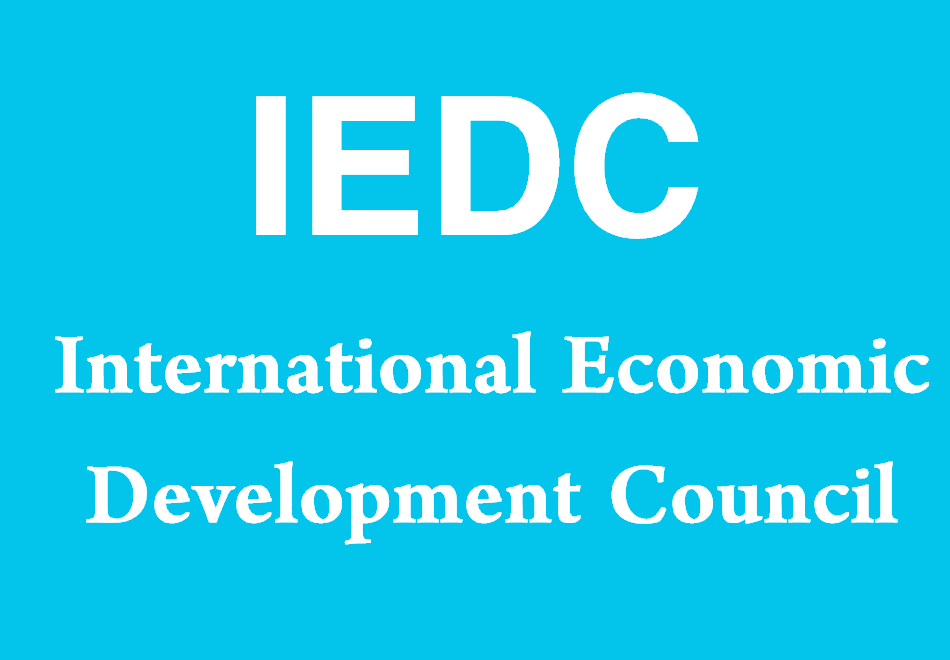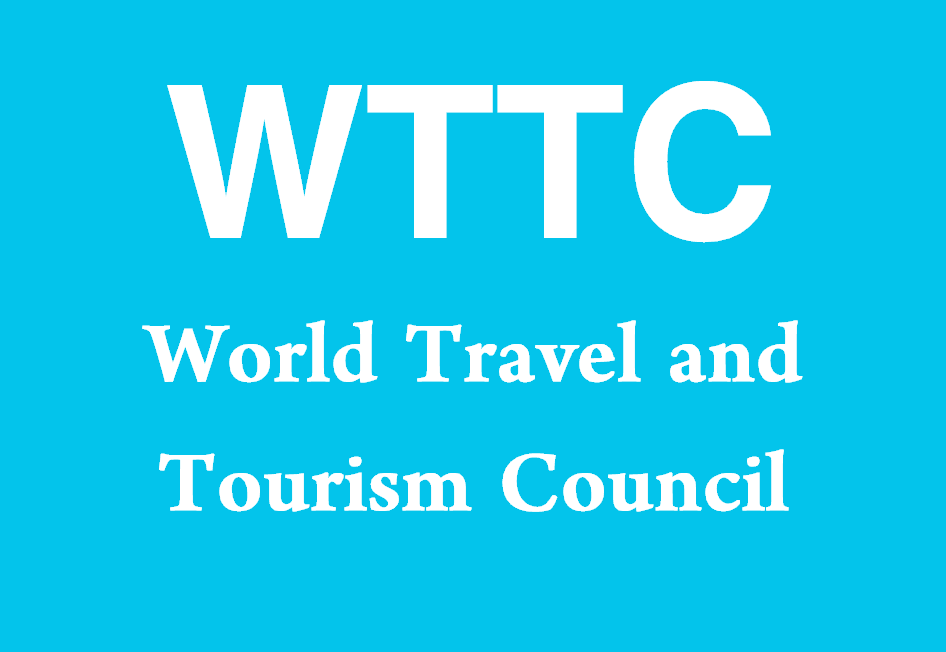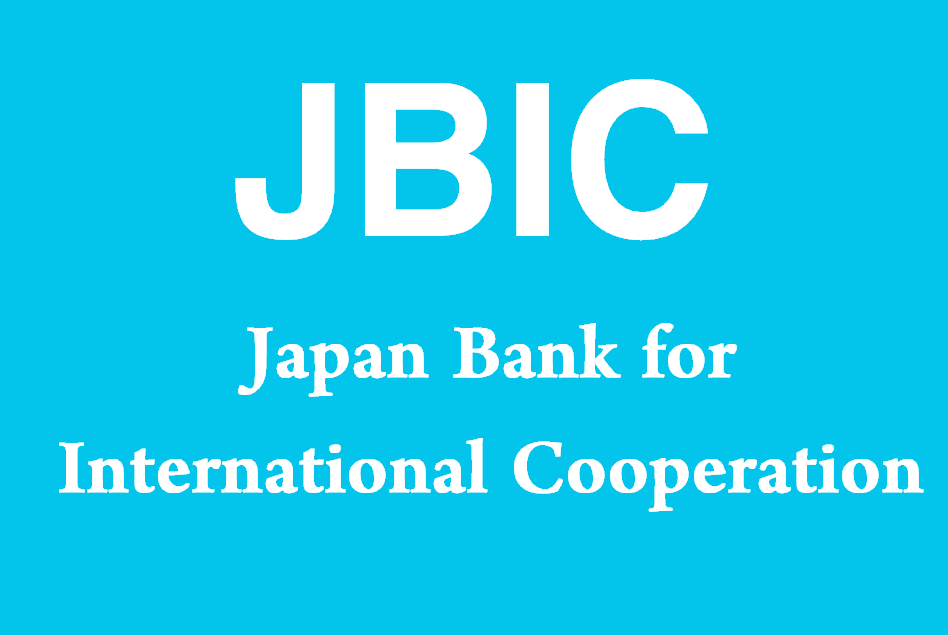What does GCC stand for?
GCC stands for Gulf Cooperation Council. This regional political and economic union consists of six Arab states bordering the Persian Gulf: Bahrain, Kuwait, Oman, Qatar, Saudi Arabia, and the United Arab Emirates. The GCC was established in 1981 with the aim of fostering economic, political, and security cooperation among its member states. Understanding the role and impact of the GCC is essential for comprehending the economic and geopolitical dynamics of the Gulf region.

Comprehensive Explanation of Gulf Cooperation Council
Historical Background
Formation
The Gulf Cooperation Council was founded on May 25, 1981, during a summit in Abu Dhabi. The founding member states—Bahrain, Kuwait, Oman, Qatar, Saudi Arabia, and the United Arab Emirates—recognized the need for closer economic, political, and security cooperation in response to regional challenges, such as the Iran-Iraq War and the Soviet invasion of Afghanistan. The GCC Charter outlines the organization’s objectives, including achieving coordination, integration, and interconnection among member states.
Objectives
The primary objectives of the GCC are:
- Economic Integration: Promoting economic cooperation and integration, including the creation of a common market and customs union.
- Security Cooperation: Enhancing collective security and defense capabilities to protect member states from external threats.
- Political Coordination: Harmonizing policies in various fields, including foreign policy, education, and tourism.
- Cultural and Social Cooperation: Strengthening cultural ties and social bonds among the peoples of the GCC states.
Organizational Structure
Supreme Council
The Supreme Council is the highest authority in the GCC, composed of the heads of state of the member countries. It meets annually to discuss and set policies. Decisions are made based on unanimity, reflecting the collective will of all member states.
Ministerial Council
The Ministerial Council consists of the foreign ministers of the member states. It meets every three months to implement decisions made by the Supreme Council and to coordinate policies in various sectors.
Secretariat-General
The Secretariat-General is the administrative body responsible for executing the decisions of the Supreme Council and the Ministerial Council. It is headquartered in Riyadh, Saudi Arabia, and is headed by a Secretary-General appointed for a three-year term.
Economic Integration
Customs Union
One of the GCC’s significant achievements is the establishment of a customs union, which came into effect in 2003. The customs union aims to facilitate the free movement of goods within the GCC by eliminating customs barriers and standardizing tariffs.
Common Market
In 2008, the GCC launched a common market, allowing for the free movement of goods, services, capital, and labor among member states. This initiative aims to enhance economic integration and create a more competitive economic environment.
Monetary Union
The GCC has also explored the idea of a monetary union, with plans to introduce a single currency. However, this project has faced several challenges and delays, primarily due to differences in economic policies and conditions among member states.
Security Cooperation
Peninsula Shield Force
The Peninsula Shield Force is the GCC’s joint military force, established to enhance collective defense capabilities. It has been deployed in various regional conflicts, including the Gulf War and the 2011 intervention in Bahrain to quell civil unrest.
Counterterrorism Efforts
The GCC actively collaborates on counterterrorism efforts, sharing intelligence and coordinating security operations to combat extremist threats. The organization has also worked with international partners to enhance regional security.
Political and Social Cooperation
Foreign Policy Coordination
The GCC aims to harmonize the foreign policies of its member states to present a unified stance on regional and international issues. This coordination is evident in the GCC’s collective response to regional conflicts and diplomatic initiatives.
Cultural Exchange
The GCC promotes cultural exchange and cooperation among its member states through various initiatives, including cultural festivals, educational programs, and joint research projects. These efforts aim to strengthen the cultural bonds and shared heritage of the Gulf region.
Challenges and Criticisms
Internal Disputes
The GCC has faced internal disputes and political tensions among its member states. Notably, the diplomatic crisis between Qatar and other GCC members in 2017 strained relations and highlighted the challenges of maintaining unity within the organization.
Economic Diversification
While the GCC states have made significant progress in economic integration, they continue to face challenges related to economic diversification. The region’s heavy reliance on oil and gas revenues makes it vulnerable to fluctuations in global energy markets. Efforts to diversify economies and develop non-oil sectors are ongoing but require sustained commitment and investment.
Future Prospects
Economic Reform and Diversification
The GCC states are increasingly focusing on economic reform and diversification to reduce their dependence on oil and gas. Initiatives such as Saudi Arabia’s Vision 2030 and the UAE’s Vision 2021 aim to develop new industries, attract foreign investment, and create jobs for the growing population.
Enhanced Regional Cooperation
Despite challenges, the GCC remains committed to enhancing regional cooperation. Ongoing efforts to resolve internal disputes, strengthen economic integration, and improve security cooperation will shape the future of the organization.
Global Partnerships
The GCC continues to build and strengthen partnerships with international organizations and countries. These partnerships aim to enhance economic, political, and security cooperation, positioning the GCC as a key player in regional and global affairs.
Notes to Importers
Understanding GCC’s Impact on Trade
For importers, understanding the GCC’s economic policies and integration efforts is crucial. The GCC’s initiatives to facilitate trade and investment create opportunities and challenges for businesses engaged in international trade with member states.
Key Considerations for Importers
Tariffs and Customs Regulations
Importers should be aware of the GCC’s customs union and standardized tariff policies. Understanding these regulations can help streamline the import process and reduce costs.
Market Opportunities
The GCC’s economic integration and development initiatives create new market opportunities for importers. Identifying sectors targeted for growth and investment, such as technology, healthcare, and renewable energy, can provide valuable insights for business expansion.
Political Stability
Political stability is essential for trade and investment. Importers should monitor the political environment in GCC countries to assess potential risks and ensure smooth operations.
Cultural Sensitivity
Understanding the cultural context of the GCC region is important for successful business engagements. Importers should respect local customs and traditions to build strong relationships with business partners.
Sample Sentences Using GCC
- “The GCC’s economic integration efforts have significantly boosted trade and investment within the region.”
- Meaning: The Gulf Cooperation Council’s initiatives to integrate member states’ economies have enhanced trade and investment activities.
- “As a member of the GCC, Qatar benefits from collective security arrangements and economic cooperation.”
- Meaning: Qatar enjoys security and economic advantages by being part of the Gulf Cooperation Council.
- “The GCC’s customs union has simplified the import process by standardizing tariffs across member states.”
- Meaning: The Gulf Cooperation Council’s customs union has made importing goods easier by harmonizing tariff policies.
- “Importers need to stay informed about the GCC’s regulatory changes to ensure compliance and smooth operations.”
- Meaning: Businesses importing to GCC countries must keep up-to-date with the council’s regulations to avoid issues.
- “The GCC’s focus on economic diversification creates new opportunities for international businesses.”
- Meaning: The Gulf Cooperation Council’s efforts to diversify member states’ economies open up new business prospects.
Other Meanings of GCC
| Acronym | Full Form | Description |
|---|---|---|
| GCC | GNU Compiler Collection | A compiler system produced by the GNU Project supporting various programming languages. |
| GCC | Global Climate Change | Refers to the long-term changes in temperature and weather patterns, often attributed to human activity. |
| GCC | Gulf Coast Conference | An athletic conference in the National Junior College Athletic Association (NJCAA). |
| GCC | Grand Canyon Council | A regional council of the Boy Scouts of America serving parts of Arizona. |
| GCC | Georgia Community College | Refers to community colleges located in the state of Georgia, USA. |
| GCC | Google Cloud Console | A web-based interface for managing services and applications on Google Cloud Platform. |
| GCC | Global Communications Corporation | A fictional or real company involved in international communications services. |
| GCC | Green Construction Council | An organization promoting sustainable building practices and green construction standards. |
| GCC | General Chiropractic Council | The regulatory body for chiropractors in the United Kingdom. |
| GCC | General Contractors Council | An association representing the interests of general contractors. |
| GCC | Genetic Counseling Center | A medical facility providing genetic counseling services to patients and families. |
| GCC | Global Christian Conference | An international gathering of Christian leaders and communities. |
| GCC | Government Coordinating Council | A council established to coordinate government efforts on specific issues or initiatives. |
| GCC | Game Creators Club | A club or organization focused on game development and design. |
| GCC | Graduate Career Center | A facility or office that assists graduates with career planning and job placement. |
| GCC | Geospatial Competency Center | A specialized center focused on geospatial data analysis and applications. |
| GCC | Gulf Construction Company | A company involved in construction projects in the Gulf region. |
| GCC | Global Coding Challenge | A competition aimed at promoting coding and programming skills worldwide. |
| GCC | Great Commandment Church | A Christian church emphasizing the Great Commandment of love in its teachings and practices. |
| GCC | General Certificate of Competence | A certification awarded to individuals demonstrating a certain level of competence in a specific field. |




